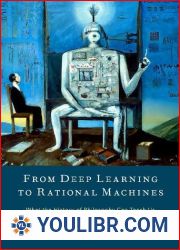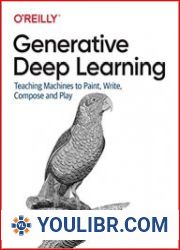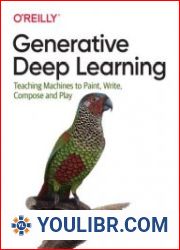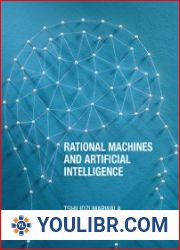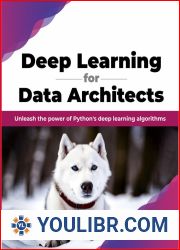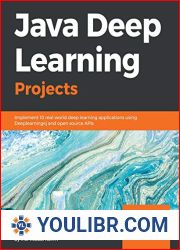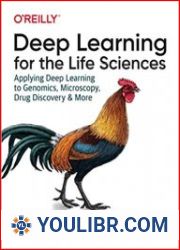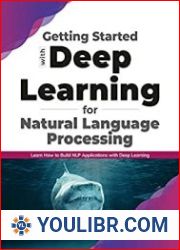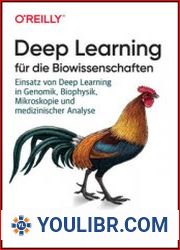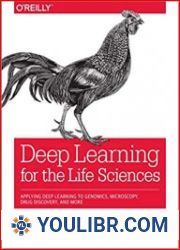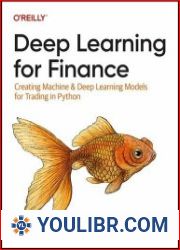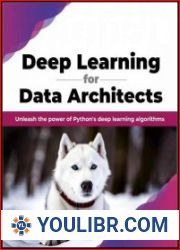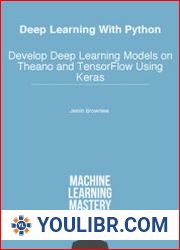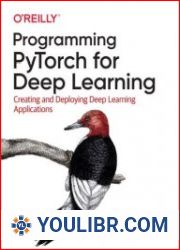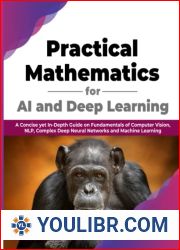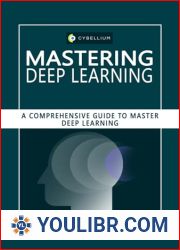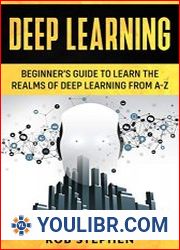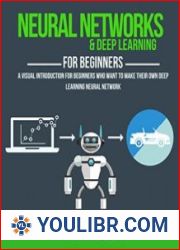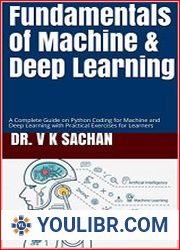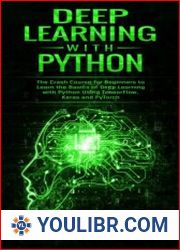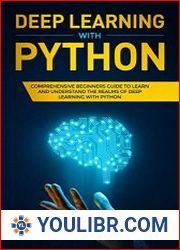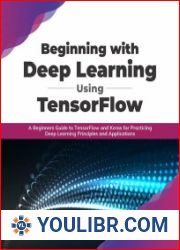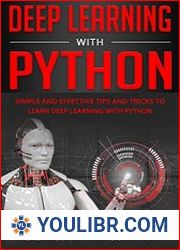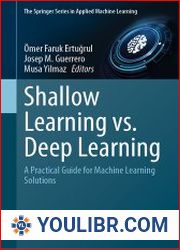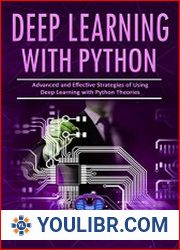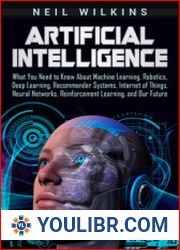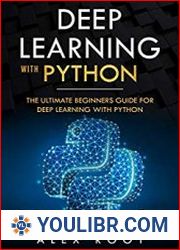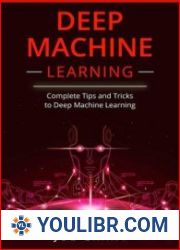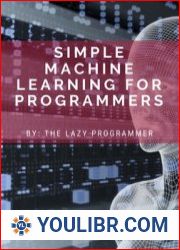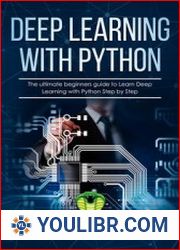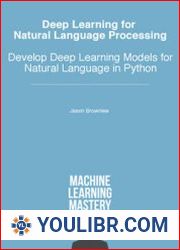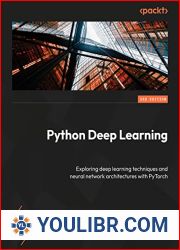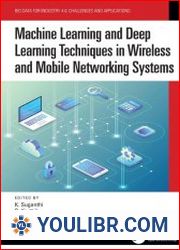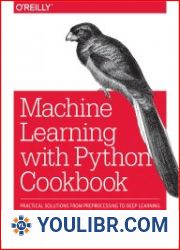
BOOKS - SCIENCE AND STUDY - From Deep Learning to Rational Machines What the History ...

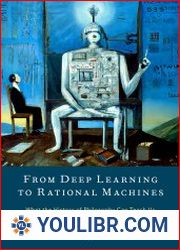
US $9.64

911945

911945
From Deep Learning to Rational Machines What the History of Philosophy Can Teach Us about the Future of Artificial Intelligence
Author: Cameron J. Buckner
Year: 2024
Format: EPUB
File size: 14.1 MB
Language: ENG
Year: 2024
Format: EPUB
File size: 14.1 MB
Language: ENG
This book provides a framework for thinking about foundational philosophical questions surrounding the use of deep artificial neural networks ("Deep Learning") to achieve Artificial Intelligence. Specifically, it links recent breakthroughs to classic works in empiricist philosophy of mind. In recent assessments of Deep Learning's potential, scientists have cited historical figures from the philosophical debate between nativism and empiricism, which concerns the origins of abstract knowledge. These empiricists were faculty psychologists; that is, they argued that the extraction of abstract knowledge from experience involves the active engagement of psychological faculties such as perception, memory, imagination, attention, and empathy. This book explains how recent Deep Learning breakthroughs realized some of the most ambitious ideas about these faculties from philosophers such as Aristotle, Ibn Sina (Avicenna), John Locke, David Hume, William James, and Sophie de Grouchy. It illustrates the utility of this interdisciplinary connection by showing how it can provide benefits to both philosophy and Computer Science: computer scientists can continue to mine the history of philosophy for ideas and aspirational targets to hit, and philosophers can see how some of the historical empiricists' most ambitious speculations can now be realized in specific computational systems. The Chapter 1 provides an overview of Deep Learning and its characteristic strengths and weaknesses. The remaining chapters of the book offer an empiricist account of a mental faculty and explore attempts to integrate aspects of the faculty into a Deep Learning architecture.







